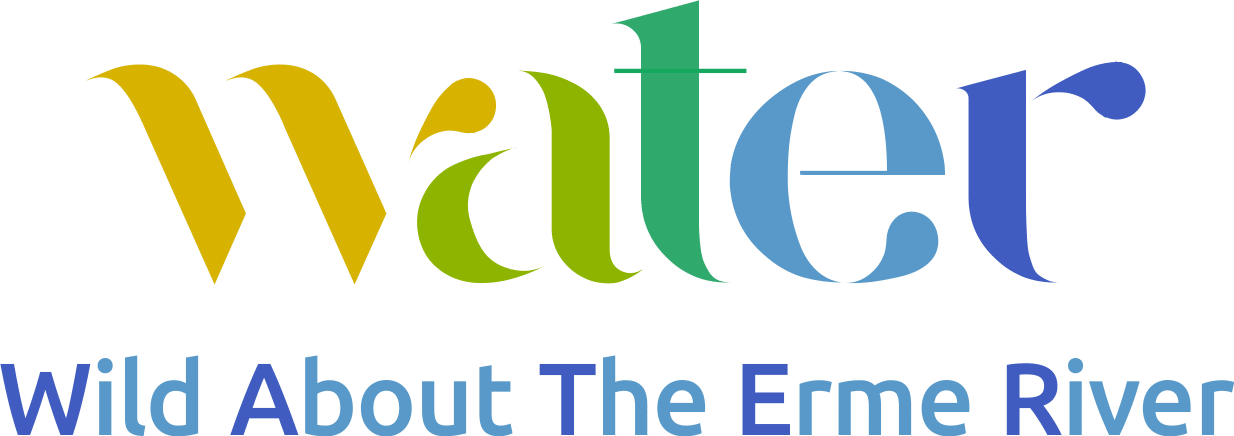We have a variety of water-based projects currently live on the Erme, from bathing water applications to CSI activities – read below to find out more about our current and proposed activities.
Water Quality Strategy
Like any river the Erme and its tributaries is a highly complex natural system, with many factors impacting its health and the biodiversity . We believe it is important to build an understanding of the ecosystem of our river so we can act from an informed position. Our goal is to be an evidence-based organisation implementing restorative programmes, whether on land or in the water, in the knowledge they will have a positive impact. We recognise this can only achieve this by working in partnership with other knowledgeable organisations that share our interest in the health of the Erme.
To build an informed understanding of our river and what impacts its health, we aim to take a systematic view across the Erme catchment with a five-point strategy.
Partition: Divide the catchment using the water bodies matching those used by the Environment Agency
Map: Map the inputs and features of the Erme and its tributaries highlighting potential sources of pollution including wastewater treatment works, septic tanks, industrial pollution, agricultural and urban runoff alongside invasive species, barriers to fish migration and many more.
Measure: Determine what we need to measure to assess the health of the river whether that’s microbial, physicochemical or biodiversity. Establish what metrics to use and what “good” means for each metric.
Monitor: Establish a baseline from which we can observe anomalies and long-term change, compare with other rivers, and attempt to link observations back to mapped inputs to identify causal links.
Restorative Action: Use our understanding of our river to address or mitigate the detrimental impact of causes by developing initiatives to address identified issues, use regulatory frameworks to our advantage and lobby key organisations.
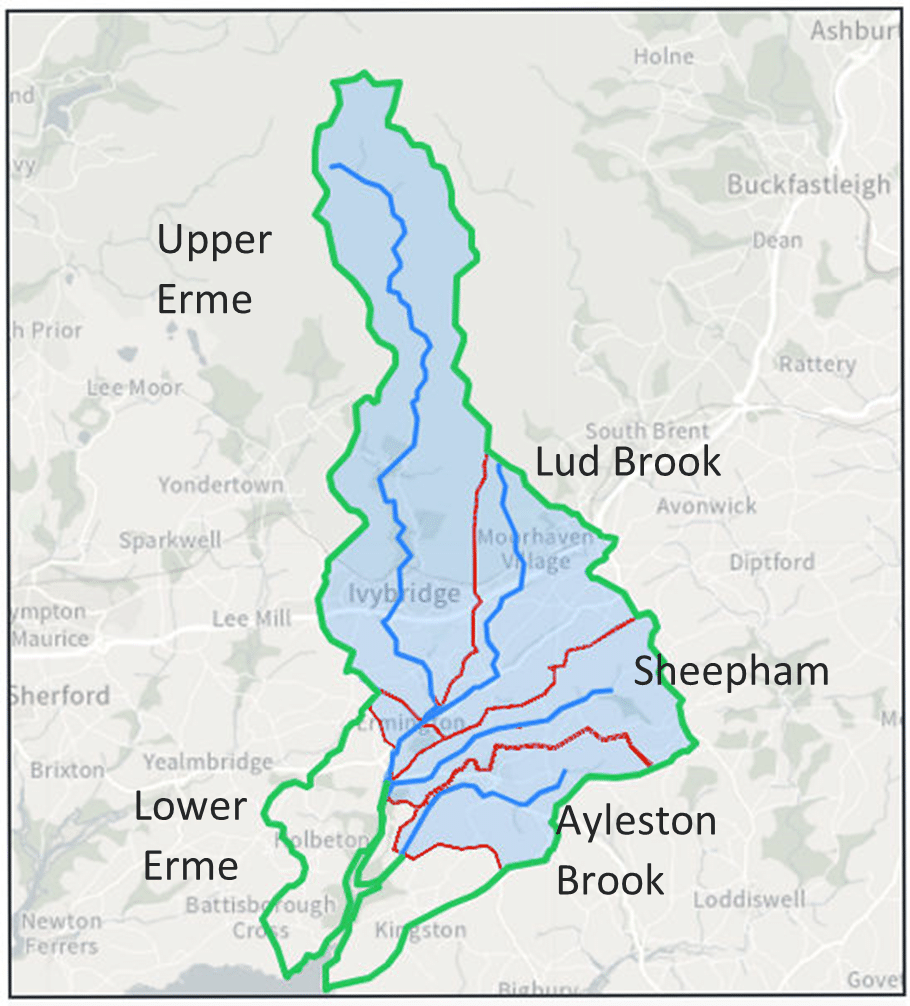
~ Westcountry Rivers Trust CSI Programme
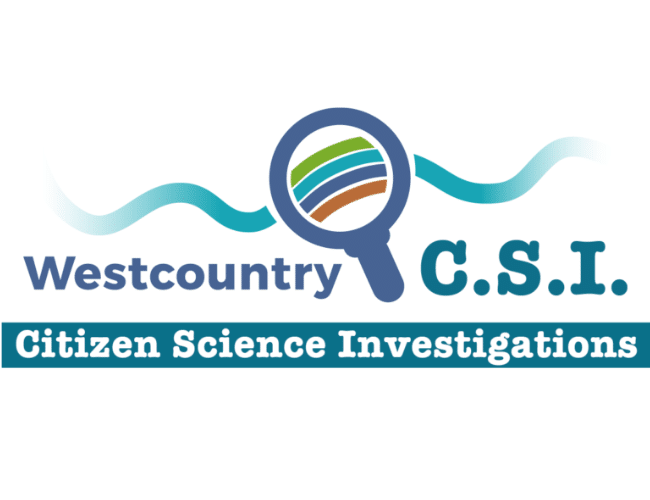
Working in partnership with the Westcounty Rivers Trust, Water is supporting several local CSI groups undertaking regular measurement of a range of water quality physicochemical properties. Over a few years this work builds up a long-term view of the waterway and our impact on its health. It also ensures that we have local people keeping an eye on the river who can assess and report possible pollution concerns.
The four key aims of the programme are:
- To educate and engage people with the water environment.
- To produce data that can be used to target work and identify degrading water bodies.
- To spot pollution events which can be dealt with as quickly as possible.
- And to create a network of catchment communities that are invested in their local environment.
Want to Get Involved in the WRT CSI initiative?
If you would like to get involved on CSI activities on the Erme, you can contact your local group:
Ugborough Rivers Group (Ludbrook)
Holbeton (Erme estuary)
Ermington (Lower Erme)
Modbury (Aylestone & Sheepham Brook)
Ivybridge WRT CSI volunteers and local coordinator needed. If you live in Ivybridge and would like to find out more, please contact our team.
~ Microbial Testing Activities on the Erme
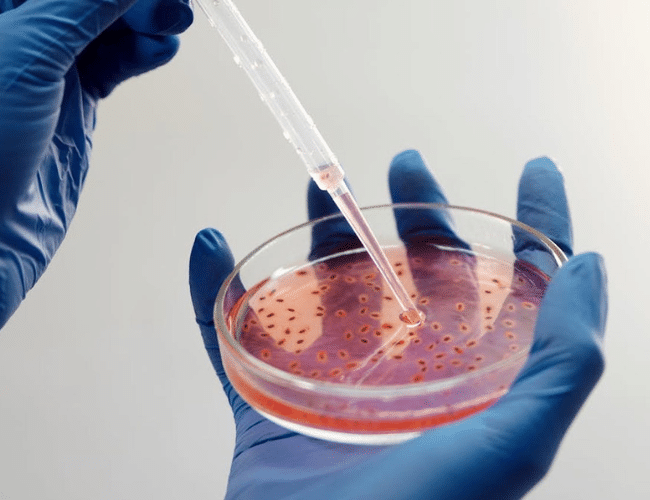
Microbial testing involves analysing water samples for the presence harmful pathogens and other bacteria. It is crucial for assessing water quality and identifying potential sources of contamination. Common microbial indicators include coliform bacteria, escherichia coli (e.coli), and intestinal enterococci. E.coli and intestinal enterococci are of particular interest as they are recognised as indicators of potential faecal contamination given their source is the intestine of warm-blooded animals (including humans).
Environment Agency (EA) Monitoring of Mothecombe (Meadow’s Foot) beach
The EA monitor the quality of the water at Mothecombe beach and Sequer’s bridge from the 15th May though to the end of September, the official bathing season as defined by DEFRA. Data for sampling undertaken at Mothecombe Beach can be found here. The 2023 results show the water quality on the beach during the bathing season has been exceptionally good with a marked improvement compared to 2022 and significant improvement since 2021. WATER has access to the EA’s data of the samples taken at Sequer’s bridge (which isn’t quite as encouraging) and will share that along side data from the studies below in due course.
Surfers Against Sewage (SAS – Inland Bathing Waters Campaign)
As part of the campaign to get Coastguard’s beach designated as official bathing waters, SAS has provided funding for weekly e.coli and intestinal enterococci testing on the lower Erme above and below the Ermington wastewater treatment works. This testing programme will run to the end of the 2023, but early data analysis has thrown up some interesting findings. More on this will be published in early 2024.
Woodleigh Impact Trust
The third strand to the current phase of microbial testing is funded by the Woodleigh Impact trust. Thanks to Woodleigh we have been able to undertake an e coli testing program at Coastguard’s beach and replicate the testing done by the EA during the summer, through the winter months. From this testing programme we are building a set of baseline data covering a full season, enabling us to observe the changes in the microbial levels in the river as well as the beach.
If you’d like to find out more about Microbial testing, or to get involved, please contact our team.
Bathing Water Application – Coastguards Beach
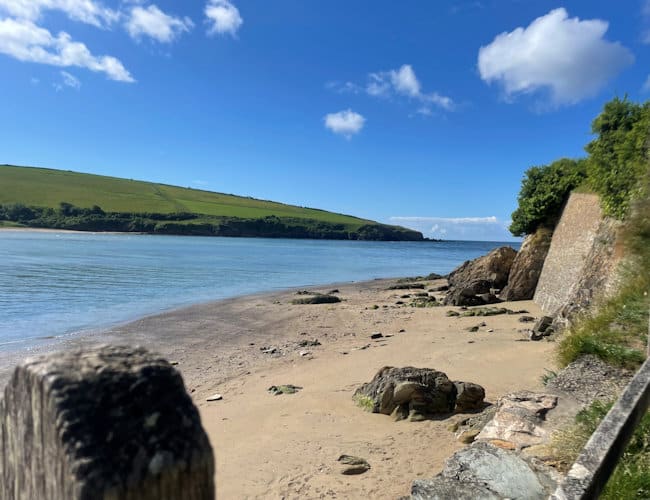
With the support of Surfers Against Sewage ‘Protecting Wild Waters’ campaign, we made an application to DEFRA for designated bathing water status at Coastguards beach.
Achieving designation is an important step in protecting water users and those that enjoy spending time around our river. Once a location has been given this status, the Environment Agency will monitor the water quality at this site, informing bathers of how safe the water is to enter and take steps to improve it if it falls below standard.
We submitted our application, with an incredible 1210 responses from individual water users at the site, in October 2023. Coastguards beach was one of 27 sites that met DEFRAs Bathing Water application criteria and was subject to a national consultation in March 2024.
If successful the Environment Agency will start the long process of water quality monitoring at Coastguards’ beach. After the first year of data collection the beach will be classified and designated as official bathing waters.
To find out more about this project, please visit the official application page.
